Depression
-
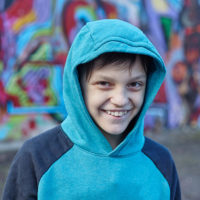
Practitioner recommendations for PTSD: a 2018 update
In 2018, Patrick Smith, Tim Dalgleish and Richard Meiser-Stedman compiled a Practitioner Review for the Journal of Child Psychology and Psychiatry on post-traumatic stress disorder (PTSD) and its treatment in children and adolescents. In their report, the researchers provide updates on the estimated rates of trauma exposure, and the incidence and course of PTSD in children.
Read more -
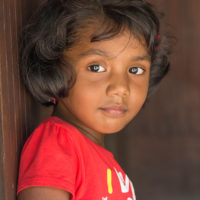
Trauma-focused group intervention is superior to usual care for young refugees
Data from a randomised controlled trial show that trauma-focused group intervention delivered by trained social workers in addition to usual care (UC) is more effective in reducing post-traumatic stress symptoms (PTSS) in young refugees than UC alone.
Read more -
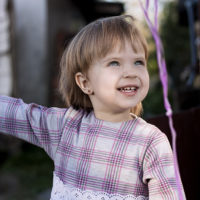
Foster care promotes adaptive functioning in early adolescence among children who experienced severe, early deprivation.
Experiences in our early life can have long-term consequences on development. Children who have experienced severe deprivation, in the form of institutional care (orphanages), are at greater risk to experience a range of social, emotional, and cognitive difficulties. In fact, much of the research tracing long-term consequences of early adversity have come from a deficit model (i.e., “what goes wrong for those with negative experiences”).
Read more -

Early cognitive therapy for traumatised young people works and is also cost-effective
More than half of children and adolescents will experience traumatic events like vehicle accidents, house fires, or violence. However, brief counselling for young people in the immediate aftermath of an acute traumatic event has not be shown to be any more effective than not intervening and allowing natural recovery to take its course.
Read more -
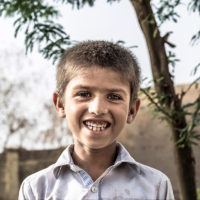
Latest evidence on mental health interventions and service response to refugee children
The latest figures indicate that in 2016 65.5 million people had to leave their homes due to war and armed conflicts, of which around one-third of are refugees who fled other countries to seek asylum.
Read more -
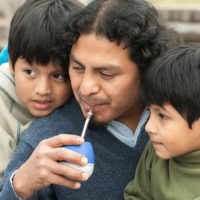
Parental responses in predicting children’s PTSD
Many children will be exposed to a potentially traumatic situation at some point in their childhood -that is, an event where there is a potential threat to life or of serious injury to the child, or to someone close to them. These events can range from common unintentional or accidental traumas, such as car accidents or serious sporting accidents, to deliberate harm, such as assault or maltreatment. Such trauma exposure can have a significant negative impact on a child’s psychological wellbeing.
Read more -
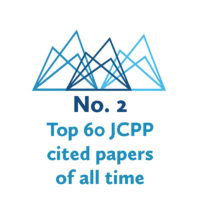
Most Cited JCPP Articles #2 of 60
Most cited JCPP papers #2 of 60: Twenty years’ research on peer victimization and psychosocial maladjustment: A meta-analytic review of cross-sectional studies
Read more -

Helping young people in crisis: gender identity, personality problems, and complex trauma
Helping young people in crisis: gender identity, personality problems, and complex trauma. The Jack Tizard Memorial Lecture and National Conference returns with a focus on vulnerability and resilience. About the speakers Self-harm in children and adolescents: a major health and social problem of our time Keith is Professor of Psychiatry and Director of the Centre for […]
- Event type
- National Conference
- Location
- London
-
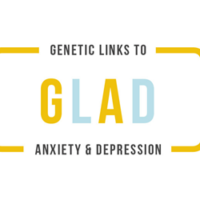
Exciting opportunity to engage in pioneering anxiety/depression research
Depression and anxiety (including OCD and other related disorders) are common but complex disorders whose research needs very large sample sizes. The Genetic Links to Anxiety and Depression (GLAD) study launched September 2018 and aims to recruit >40,000 individuals.
Read more -
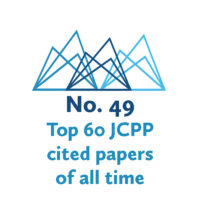
Most Cited JCPP Articles #49 of 60
Most cited JCPP papers #49 of 60: Deliberate self‐harm within an international community sample of young people: comparative findings from the Child & Adolescent Self‐harm in Europe (CASE) Study
Read more